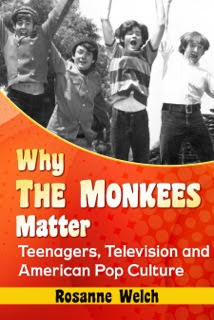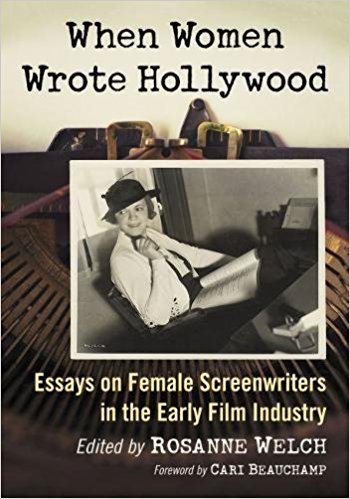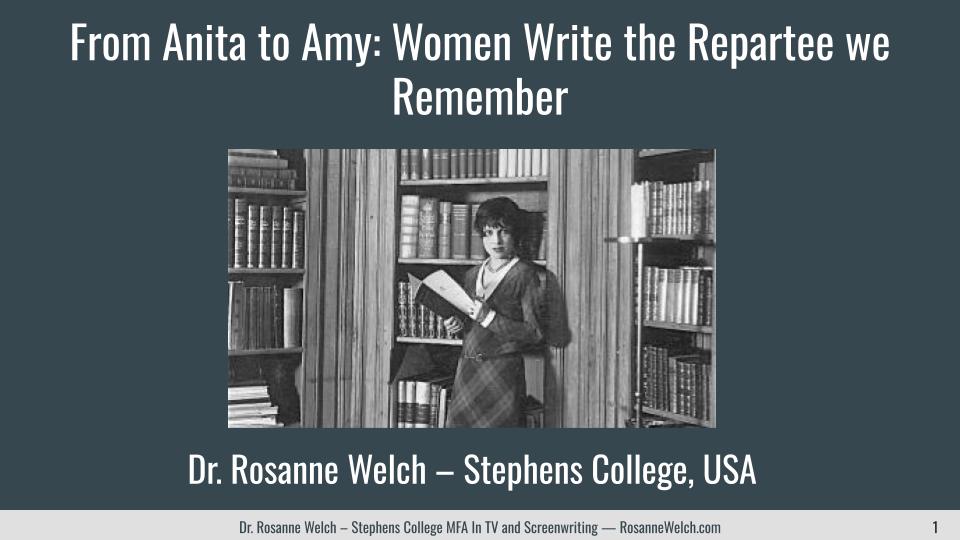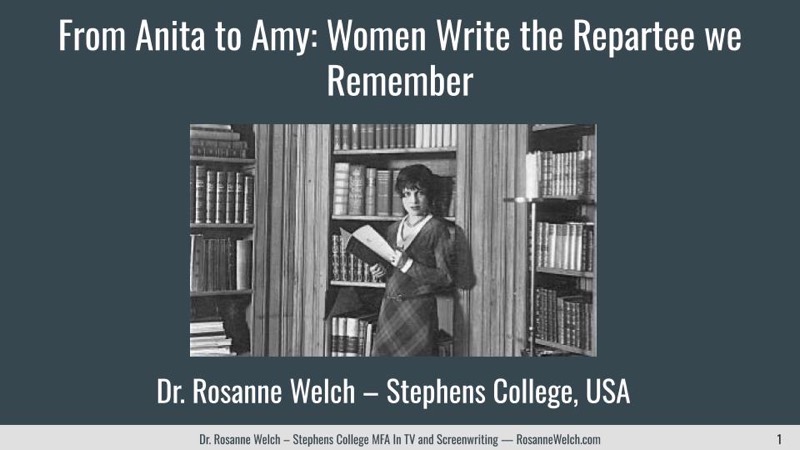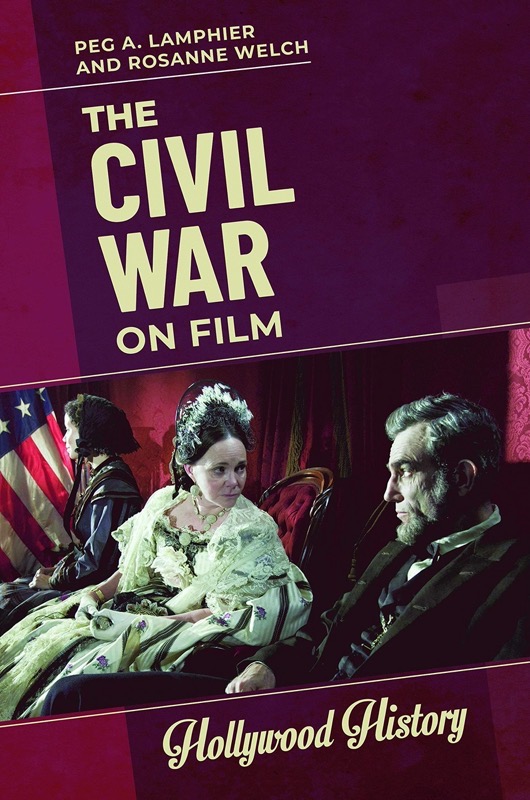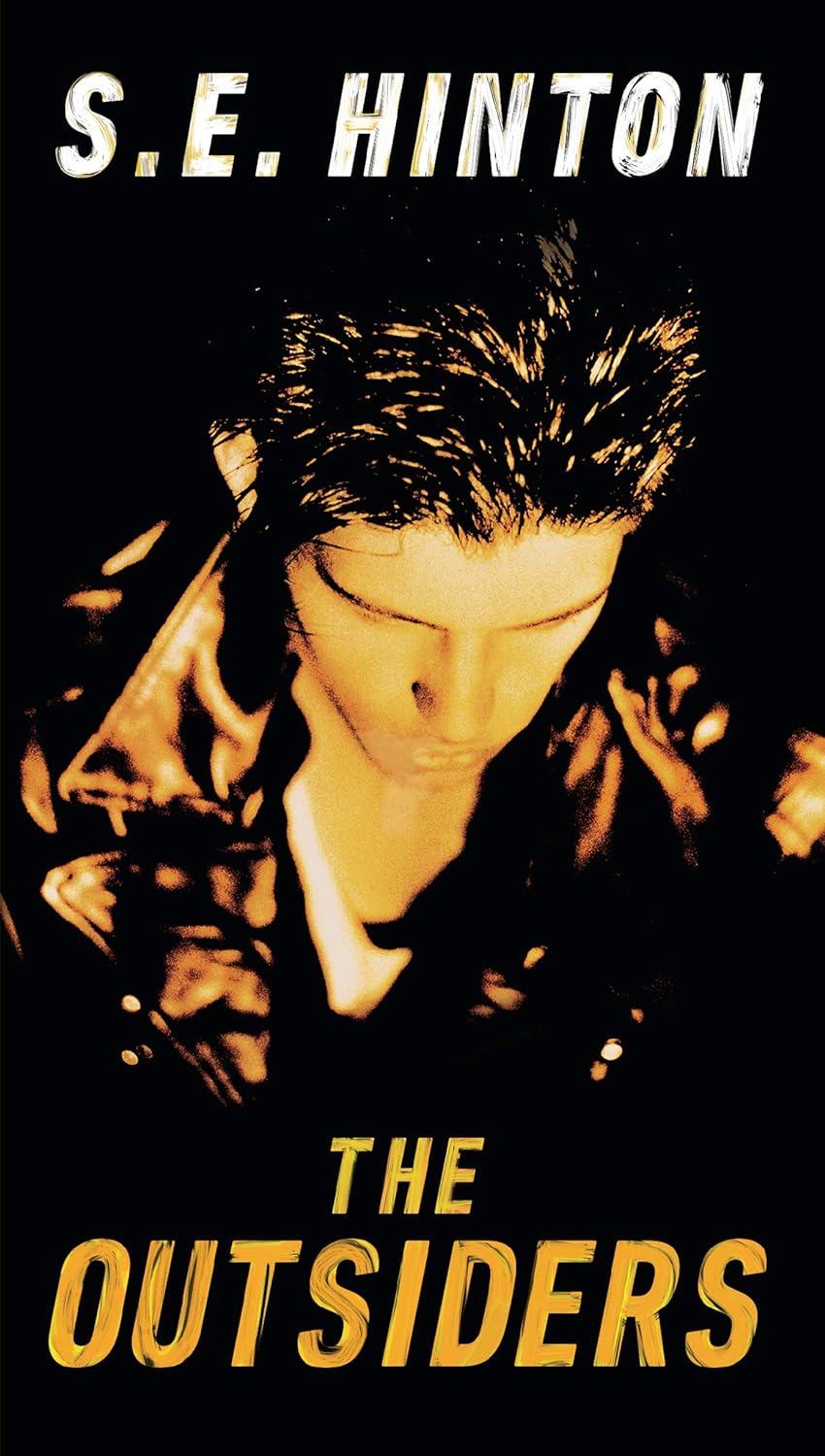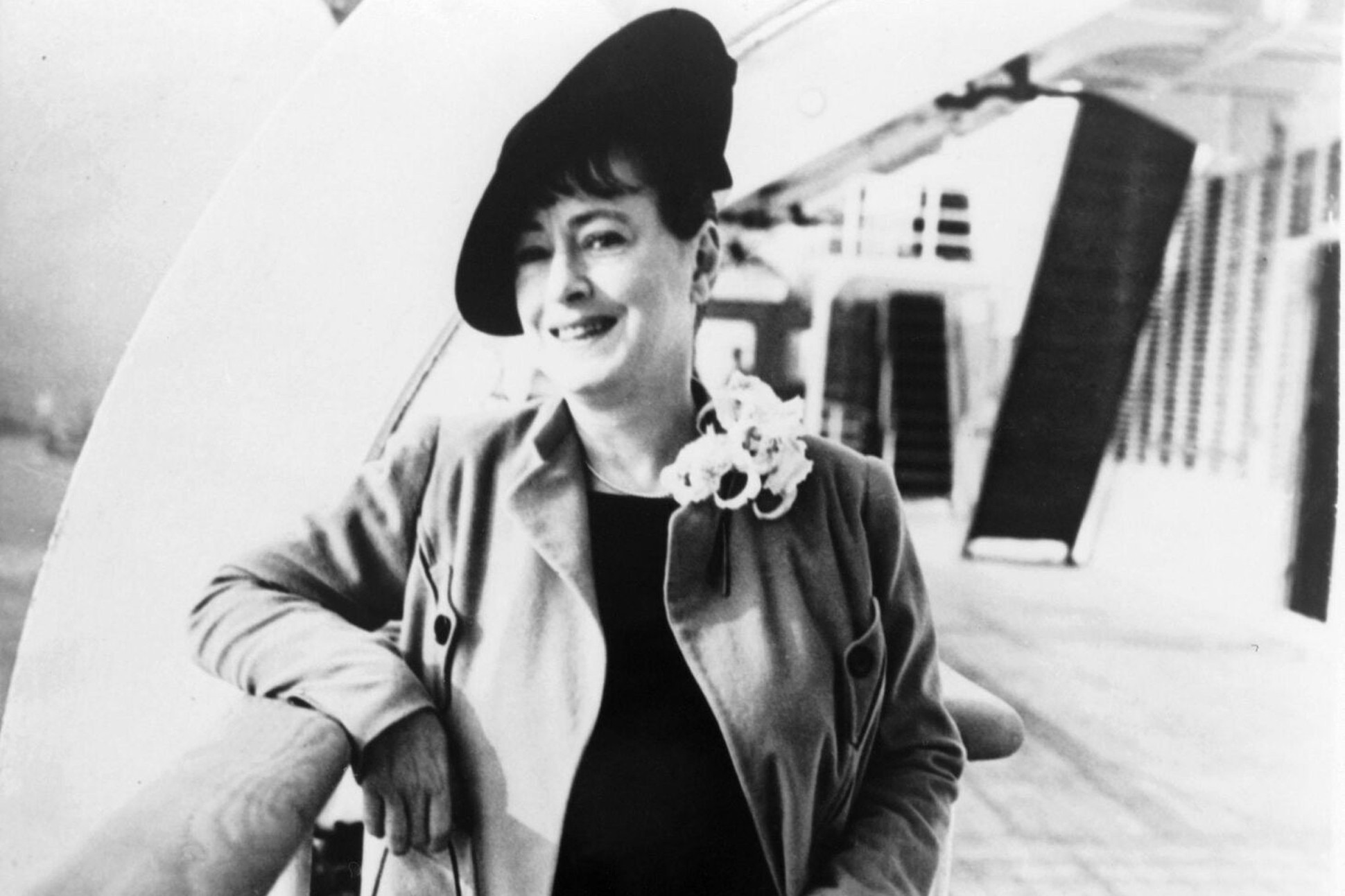On November 21st I’ll be in Jacksonville, Florida on a panel at the MOSH (Museum of Science and History) to discuss a chapter I wrote in the upcoming book Stories Of The Holocaust: Art for Healing and Renewal, edited by Dr. Karen Berman and Dr. Gail Humphries.


I was honored when Dr. Humphries invited me to write the opening reflection to a section in Vol. 2: On Screen and in the Gallery. Then, being me, I asked if they had a chapter on screenwriters Frances and Albert Hackett who adapted The Diary of Anne Frank from book to Pulitzer-Prize-winning Broadway play and then into the film. The editors hadn’t planned such a chapter but it sounded valuable to the collection so they commissioned me to write it. Now I’ll have the chance to tell even more people about the brilliant work of this married team of screenwriters who also gave film fans The Thin Man, Father of the Bride, Easter Parade, and It’s a Wonderful Life.
Joining Dr. Humphries:
Elizabeth Gelman, Senior Director of Arts and Cultural Programming for Creative Pinellas, previous director of The Florida Holocaust Museum (Pinellas County, Florida)
Ruth Gordon, Former social studies teacher in Miami-Dade County and founder/current advisor for Holocaust Impact Theater (Miami, Florida)
Dr. Laurence Sherr, Award-winning composer of international stature, concert producer, and professor of music, Kennesaw State University (Kennesaw, Georgia)
Dr. Rosanne Welch, Executive Director of Stephens College MFA in TV and Screenwriting Program, author and screenwriter (Los Angeles, California); also author for Reflection
Link on MOSH Site
